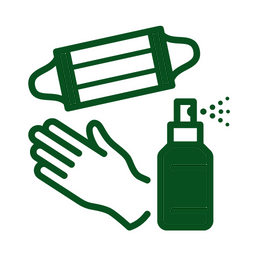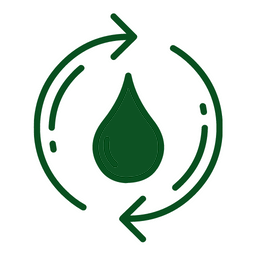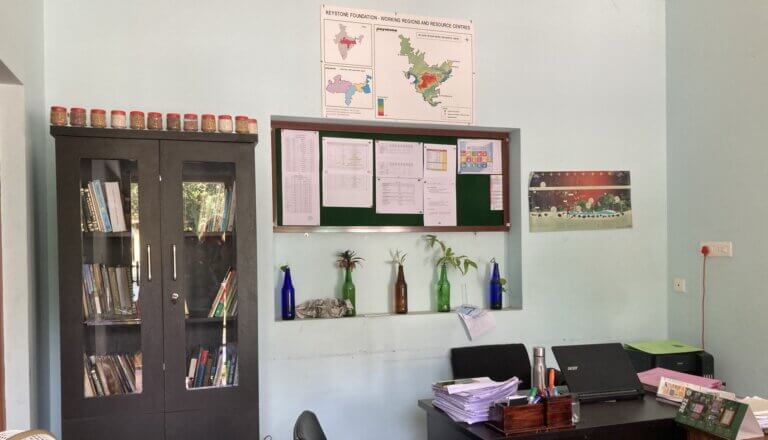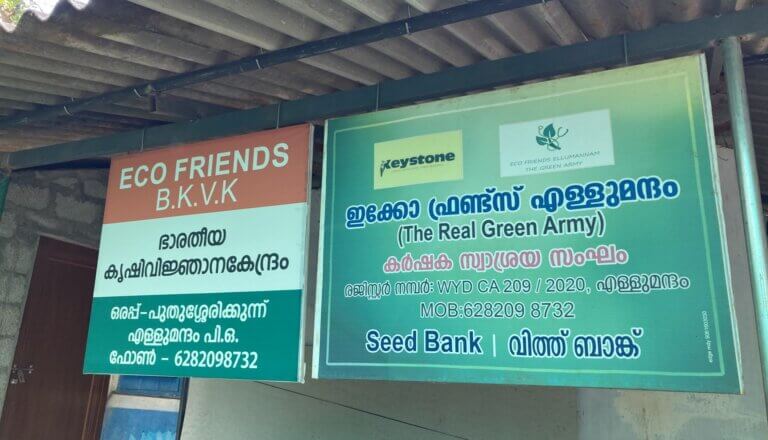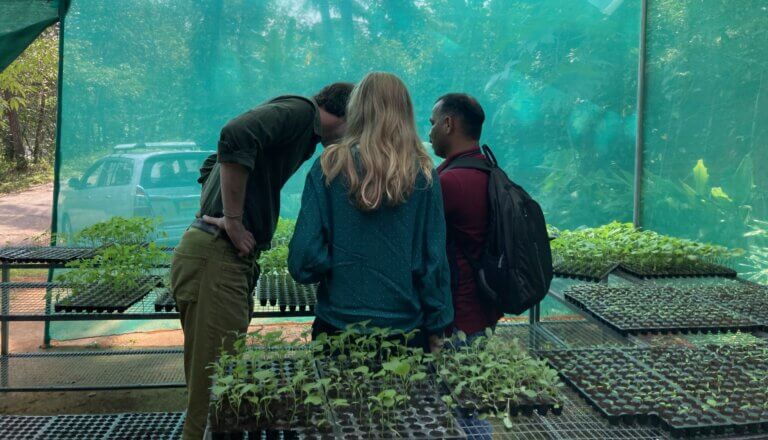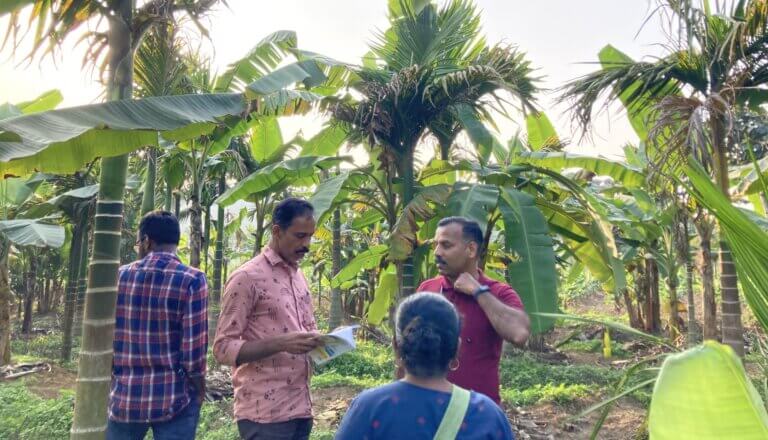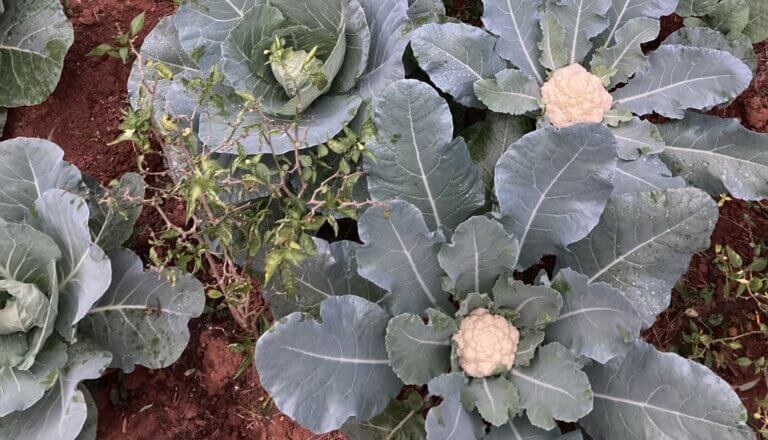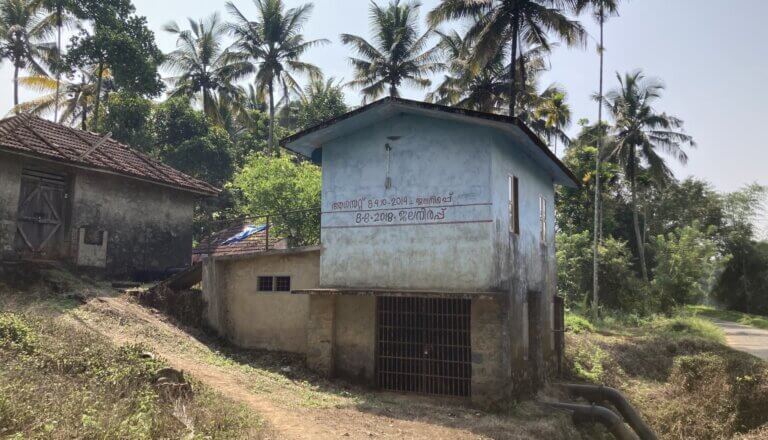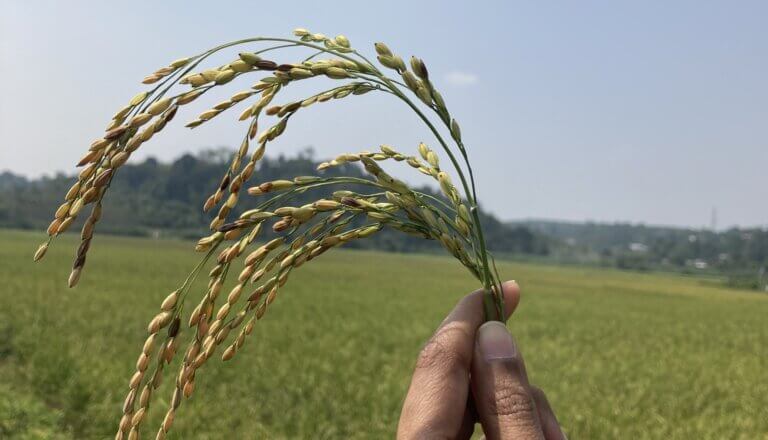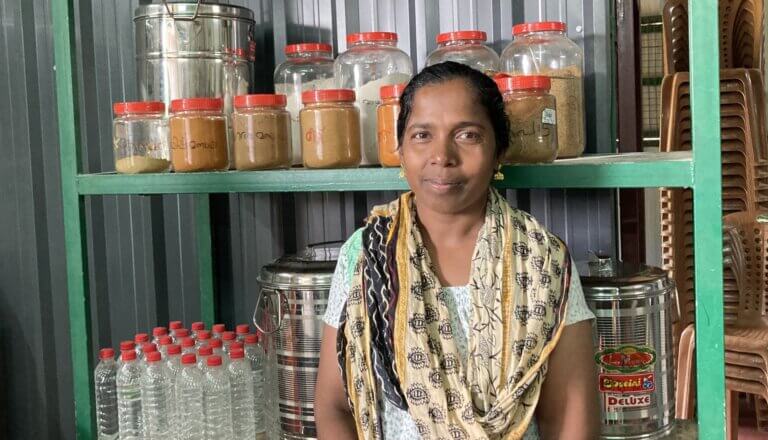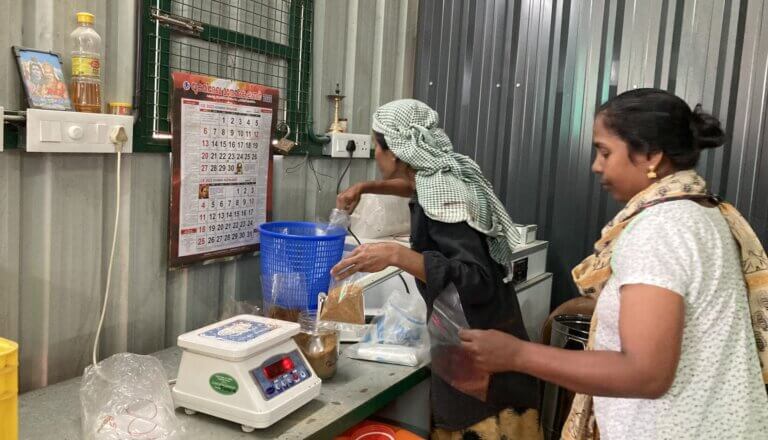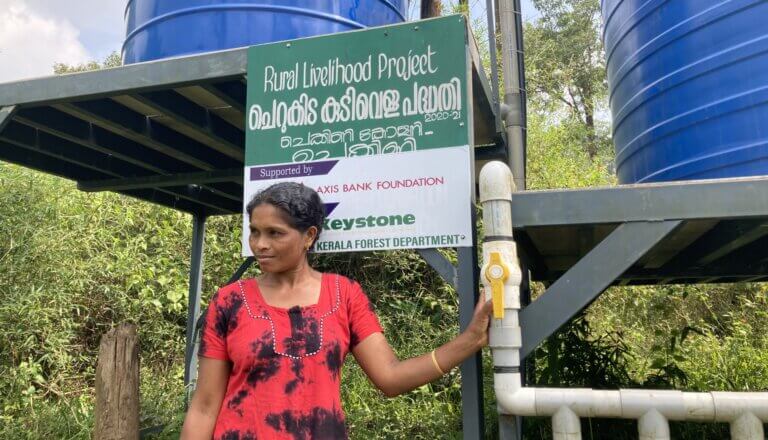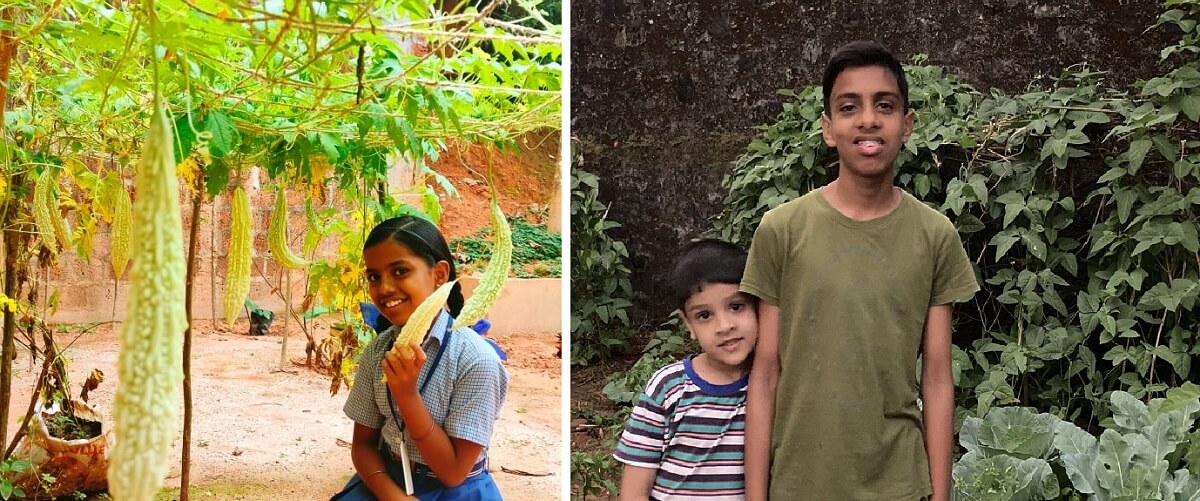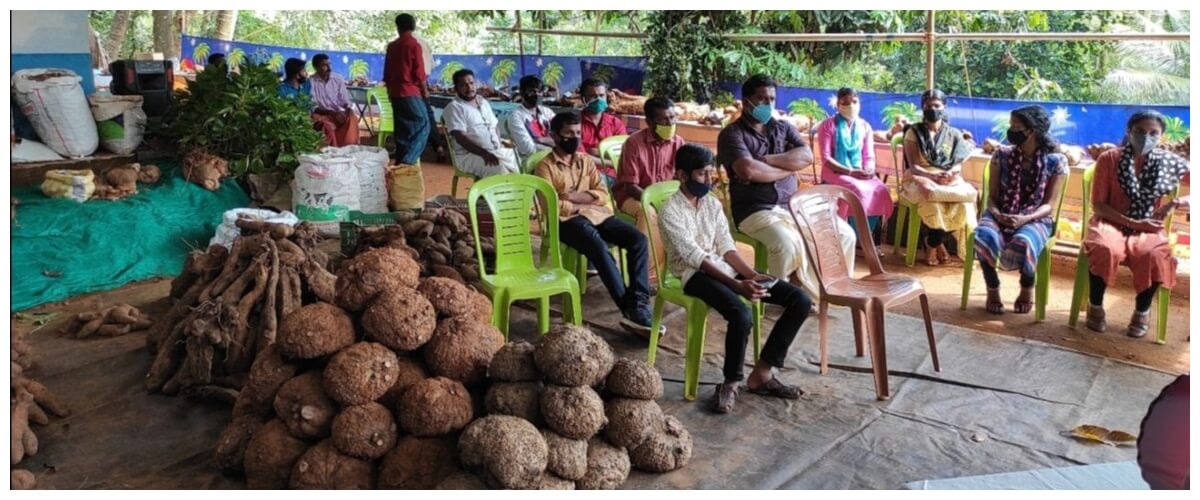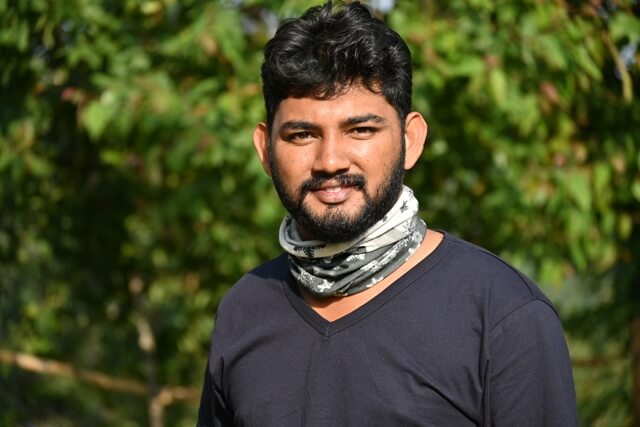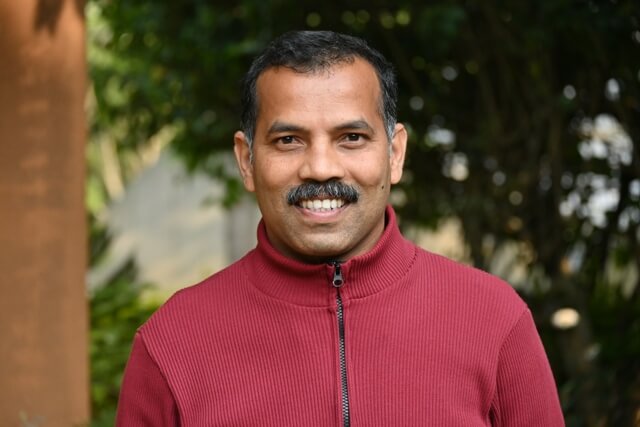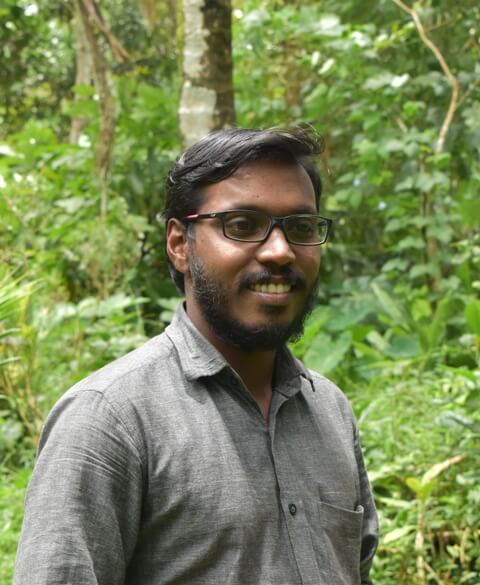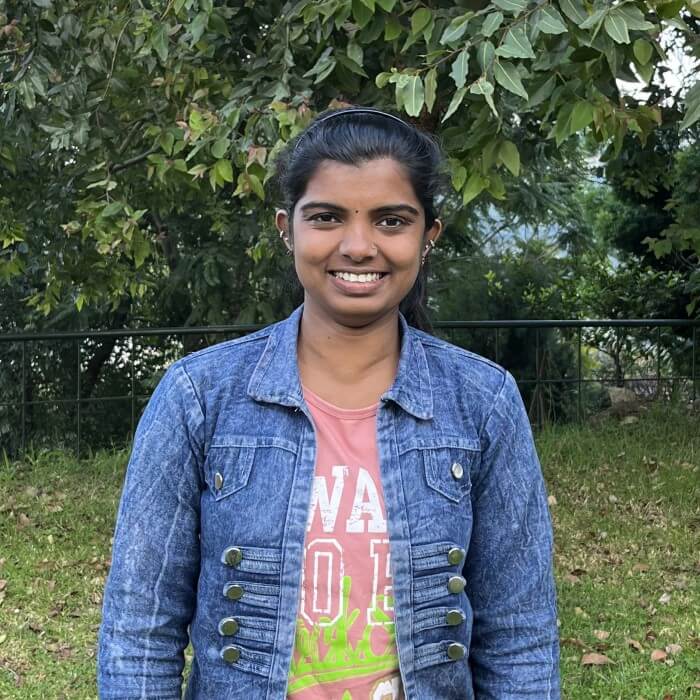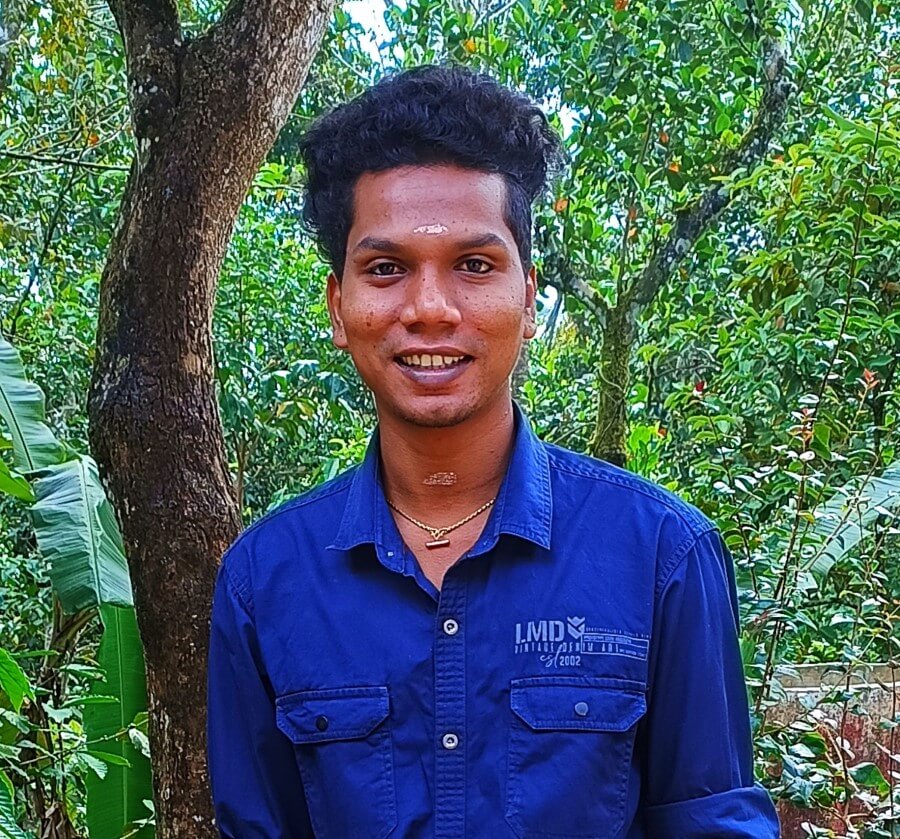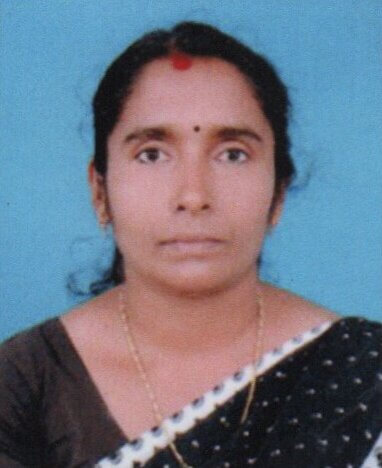Wayanad is occupied by Paniya, Adiya, Katunayaka, Mullukuruma, Bettakuruma, Wayanadan Kadar, Kurichyar and Thachanadan Moopan communities, many of whom commonly practice paddy farming as a livelihood.
Within villages outside the Protected Area, our team is supporting local efforts to revive climate-resilient native crops that were once traditionally grown here by a majority of farmers – most often tuber vegetables. Following the 2018 and 2019 floods in Mananthavady, a steady eco-restoration of the Kabini river bank was carried out, planting a native, flood-resistant variety of Saccharum grasses. In the following years, flood impacts were drastically reduced.
Along the Kabini river lies Thallir Production Unit, led by tribal women. Here, spices and coffee are brought in by neighbourhood households, and are grinded and roasted into powders to be sold in markets and given back to the families. A nursery of crops is maintained to be handed out to families who will periodically return with the final produce.
Humble libraries have been built and stocked with local literature to remember fast-disappearing tribal knowledge of the landscape, vegetation, history, culture and more.
Prior to Keystone’s involvement, tribal hamlets within the sanctuary received water only once a week. Water tanks have been installed here, with community women spearheading the logistics of the initiative.




